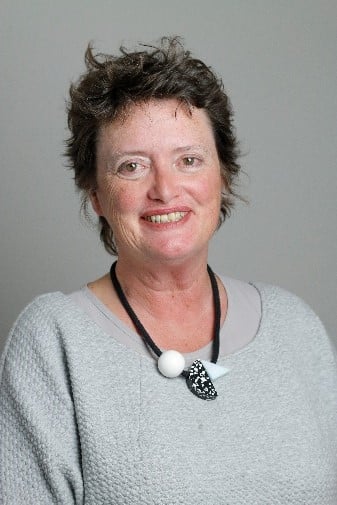At the beginning of the year, our expert analysts explored the Top 10 Global Consumer Trends that would have the biggest impact on consumer behaviour in 2019. Today, we are looking back at one trend in particular, “I Want a Plastic-free World”, to learn how it is playing out.
Plastics, such as single-use packaging for food and beverages and micro-plastics found in beauty, personal and home care, as well as plastics produced by the fast fashion industry, are coming under increased scrutiny as the ‘Blue Planet Effect’ shines a light on the plastic-based waste products that end up polluting the natural world. Awareness is encouraging people to take action, through campaigns and grass-roots conservation projects.
The plastic-free trend has truly lived up to and surpassed expectations in 2019. Across the globe, we observe a continued push by leading companies across a variety of industries, with scope for significant impact, making pledges and taking action against plastic waste, notably with the eradication of single-use plastics across their supply chain and product offering. While the trend is likely to evolve to include a reduction in all waste, plastic has certainly been the hot topic of 2019.
In September 2019, global eCommerce giant Amazon announced its intention to completely stop using single-use plastic in India, the world’s second-most populous country, by June 2020. The company is developing plastic-free alternatives for bubble wrap and mailers. The announcement follows similar pledges by other Indian retailers.
Air France, one of the world’s largest passenger air carriers, pledged to eradicate single-use plastic aboard its flights by the end of 2019. This includes making use of alternatives such as bio-based cutlery and plates, paper cups and wooden stirrers, offered during in-flight meals and refreshments. By doing so, the airline has projected that it will eradicate 210 million single-use plastic items by the end of the year.
In the UK, leading grocery retailer Tesco began a trial in March 2019 to reduce single-use plastic packaging for some of its fresh fruit and vegetable products. The retailer phased out packaged fruit and veg for some products which already existed in loose format. This is part of Tesco’s strategy to make all of its packaging fully recyclable and to halve packaging weight by 2025.
Stay ahead of game. Pre-register to receive a copy of our white paper, Top 10 Global Consumer Trends 2020.
